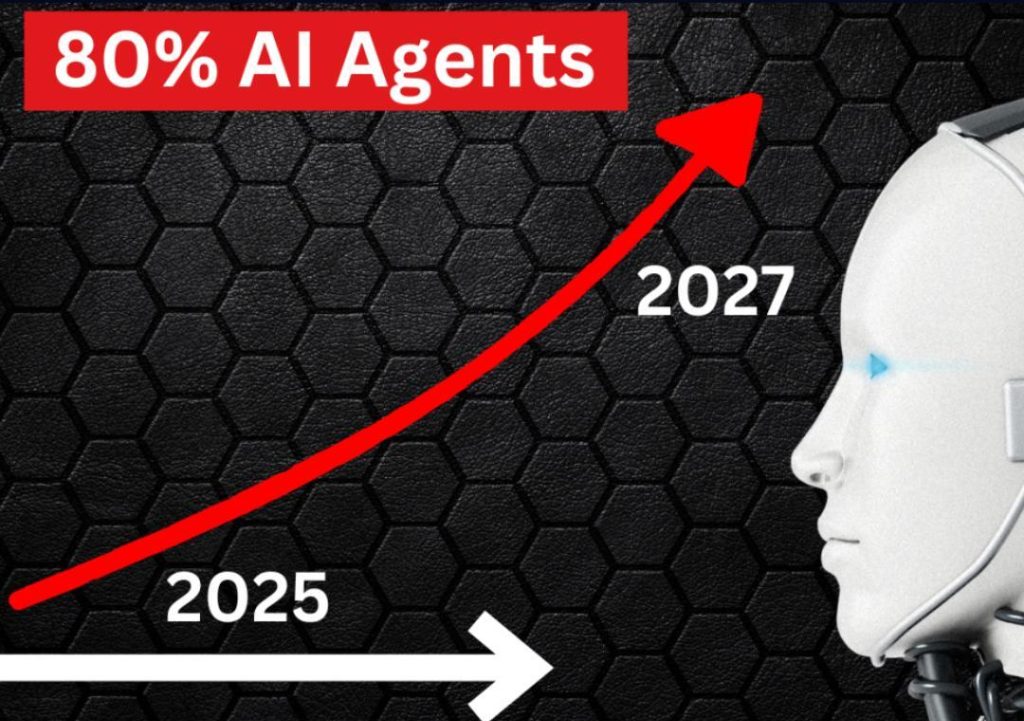
80% of Analysts’ Time Can be Automated Now
The world of data analysis has undergone a significant transformation in recent years. With the advent of advanced technologies like artificial intelligence, machine learning, and natural language processing, the process of data analysis has become more efficient and streamlined. One such technology that is revolutionizing the way analysts work is the Deep Data Copilot. This innovative tool can automate up to 80% of analysts’ reporting tasks, freeing them to focus on high-impact creative strategy.
Traditionally, analysts have spent a significant amount of time collecting and organizing data from various sources, creating reports, and identifying trends and anomalies. This time-consuming process has made it challenging for analysts to focus on the more strategic aspects of their job, such as developing insights and making recommendations to stakeholders. However, with the Deep Data Copilot, this is no longer the case.
The Deep Data Copilot is an AI-powered tool that can interpret metrics, flag anomalies, and suggest next steps. This means that analysts can now focus on higher-level tasks, such as developing strategic insights and making data-driven decisions. The tool can handle the more mundane tasks, such as data collection, organization, and reporting, allowing analysts to work more efficiently and effectively.
So, how does the Deep Data Copilot work? The tool uses natural language processing to interpret data and identify trends and anomalies. It can analyze large datasets and provide insights and recommendations in a matter of seconds. The tool can also integrate with various data sources, including spreadsheets, databases, and cloud storage platforms, making it easy to access and analyze data from anywhere.
One of the key benefits of the Deep Data Copilot is its ability to automate repetitive tasks. Analysts often spend a significant amount of time collecting and organizing data, creating reports, and identifying trends and anomalies. The Deep Data Copilot can automate these tasks, freeing analysts to focus on higher-level tasks. This not only saves time but also reduces the risk of human error, which can be a significant problem in data analysis.
Another benefit of the Deep Data Copilot is its ability to provide real-time insights. The tool can analyze data as it comes in, providing analysts with real-time insights and recommendations. This means that analysts can respond quickly to changes in the market or changes in customer behavior, giving them a competitive advantage.
The Deep Data Copilot is not just beneficial for analysts, but also for businesses as a whole. By automating repetitive tasks and providing real-time insights, the tool can help businesses make data-driven decisions and improve their overall performance. This can lead to increased revenue, improved customer satisfaction, and a competitive edge in the market.
In conclusion, the Deep Data Copilot is a game-changing tool that can automate up to 80% of analysts’ reporting tasks. It can interpret metrics, flag anomalies, and suggest next steps, freeing analysts to focus on higher-level tasks. The tool can integrate with various data sources, provide real-time insights, and automate repetitive tasks, making it an essential tool for any business that wants to make data-driven decisions.






